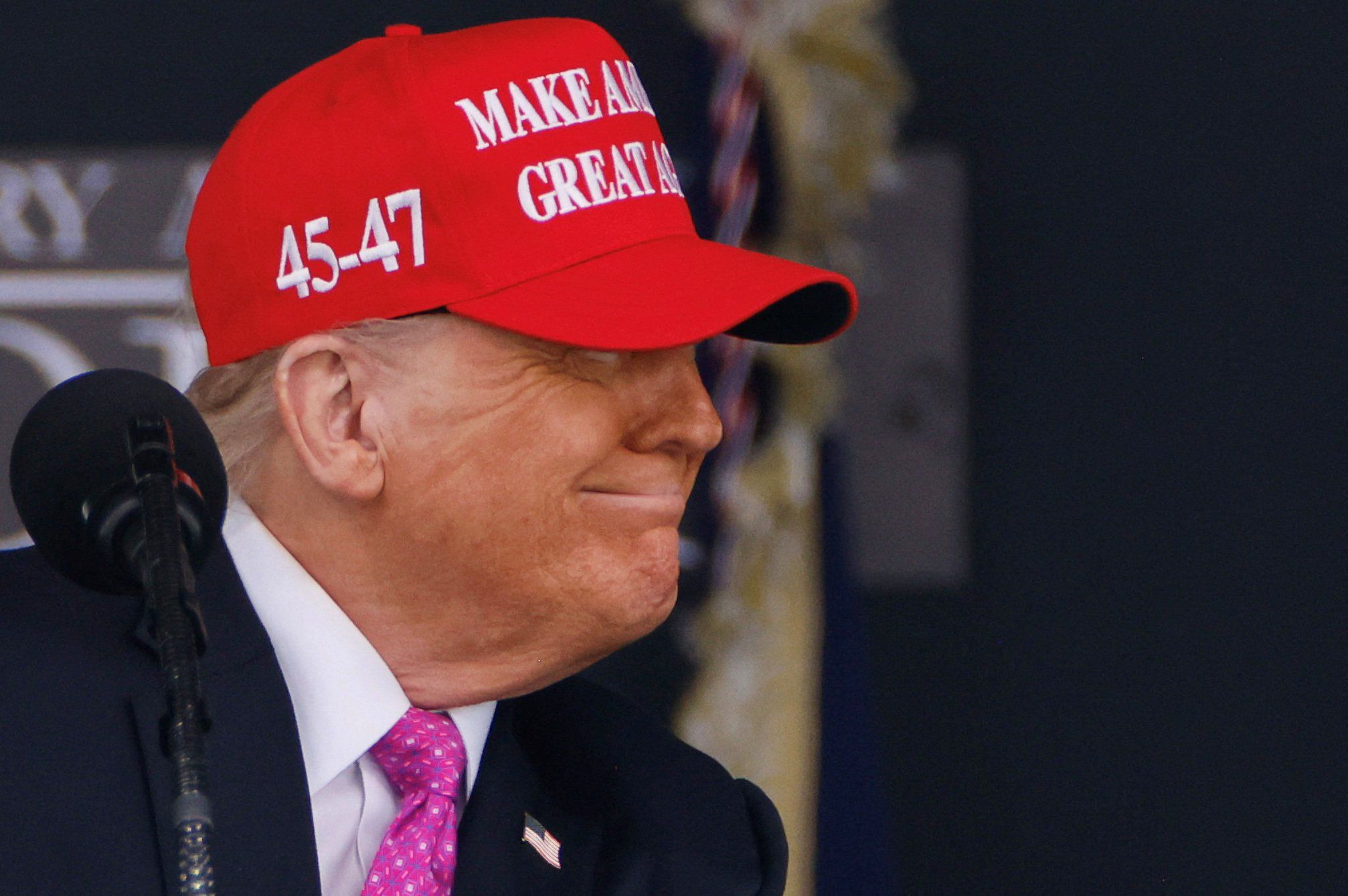Donald Trump's return to the White House has transformed the executive branch into what critics describe as a vengeful playground where personal grudges are more important than policy considerations.
But The Atlantic writer Tom Nichols warned that even the president's most ardent supporters are close to their limit — and Trump knows it.
Nichols gave a laundry list of childish — and often brutal — pettiness that Trump has aimed at the people he believes are deserving of his retribution.
But, Nichols said, his message of anger and vengeance that won him the election is getting old. And that aging is now seeing many abandoning him.
“Trump’s voters have been willing to join him on these capricious roller-coaster rides for the first six months of his second term,” Nichols wrote.
“But roller coasters don’t have actual destinations, and sooner or later, even the most dedicated riders will want to get off.”
Unlike previous presidents who channeled their human flaws toward governing objectives, Trump operates from what observers call "small-minded vengefulness that takes the place of actual policy making," Nichols wrote. His administration has become notorious for loyalty purges and retribution campaigns that would make high school bullies blush.
The pettiness reaches absurd levels, the writer claimed. Former intelligence chief James Clapper wanted to attend a graduation ceremony for a rescue dog he donated to the CIA—named Susan after his late wife. The agency banned him from the venue, apparently anticipating Trump's displeasure with the Obama-era official.
"The upshot is that an octogenarian Air Force retiree who spent half a century in his nation's service was not allowed to attend a party for a dog," Nichols noted.
Meanwhile, FBI Director Kash Patel has reportedly been subjecting agents to polygraph interrogations to root out internal critics. Senior counterintelligence agent Michael Feinberg faced demotion or resignation simply for his friendship with previously fired agent Peter Strzok—a target of Trump's ongoing obsession.
The president's emotional governing style extends to international affairs,' Nichols wrote. Trump's recent pivot on Ukraine aid came not from strategic reconsideration, but because Vladimir Putin "had made Donald Trump look like a chump" by refusing cease-fire negotiations while escalating attacks.
Sources suggest Trump's Ukraine promises may prove hollow, noting his "attention span is measured in milliseconds" and tendency to "flip-flop on everything from trade to friendships."
Currently, Trump has shifted focus to pressuring sports teams like the Washington Commanders and Cleveland Guardians to revert to their former controversial names. Political analysts view this as calculated culture-war distraction from more damaging controversies involving Jeffrey Epstein connections.
"Trump is focusing on this small issue in the hopes of picking a racist scab that will occupy the attention of his base—because much of that base right now is deeply angry about a supposed cover-up relating to Trump’s former friend and the convicted sex offender, Jeffrey Epstein," Nichols wrote.
The pattern reveals a president who "rules by appeals to grievances—rather than focusing on substantive national problems," Nichols wrote. And while this approach energized his base during the campaign, Nichols pointed out that "roller coasters don't have actual destinations."
